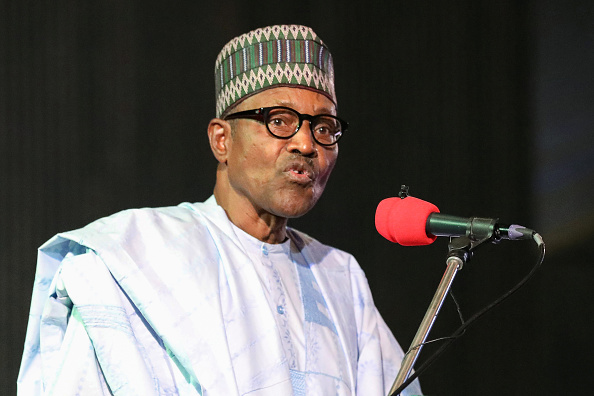
Buhari vows to address high food prices in Nigeria amid economic crisis

The Nigerian government pledged to tackle the problem of spiraling food prices amid the devastating effects of the current economic slowdown.
President Muhammadu Buhari said that the government was engaging with food producers associations and groups to “tackle the issue of exploitative behaviour by middlemen and other actors.”
Buhari said this was one of the factors responsible for the current high food prices and assured Nigerians that the situation will be a “transient one.”
“We are very mindful of the challenge of high food prices, at a time when the economy is already in a slowdown caused by the global coronavirus situation, and are doing everything in our power to bring down the prices of food items across the country,” Buhari said.
Buhari also singled out the flooding situation in Kebbi State which killed several people and destroyed thousands of hectares of farmland.
A report by Bloomberg recently said that at least 450,000 hectares of rice were destroyed in Kebbi State, Nigeria’s main rice-growing state, washing away about two million tons of the crops.
Buhari said that the situation was a blow to the country’s efforts to increase its local rice production as part of measures to end importation.
Nigeria imports nearly $4 billion of rice and wheat annually, according to the government due to an underdeveloped manufacturing industry.
Last August, Nigeria partially closed its border with Benin in a bid to curb massive smuggling activities, especially of rice, occurring in that area.
“This bad news couldn’t have come at a worse time for our farmers and other Nigerians who looked forward to a bumper harvest this year in order to reduce the current astronomical rise in the costs of food items in the markets,” Buhari said.
“Kebbi State is the focal point of our policy to produce rice locally as part of the administration’s commitment to agricultural revival.”
Other crops such as sorghum, millet and corn have also been affected by the flooding situation.
Buhari also announced the approval of the release of 30,000 tons of maize from the national reserves to animal feed producers to ease the current high cost of poultry production.
Last August, Buhari pledged to strengthen his administration’s focus on agriculture announcing policies that will support the cultivation and consumption of locally produced food items.
He also instructed the central bank to stop availing foreign exchange for food imports in an attempt to improve Nigeria’s agriculture sector and encouraged more young Nigerians to take up agriculture seriously.






